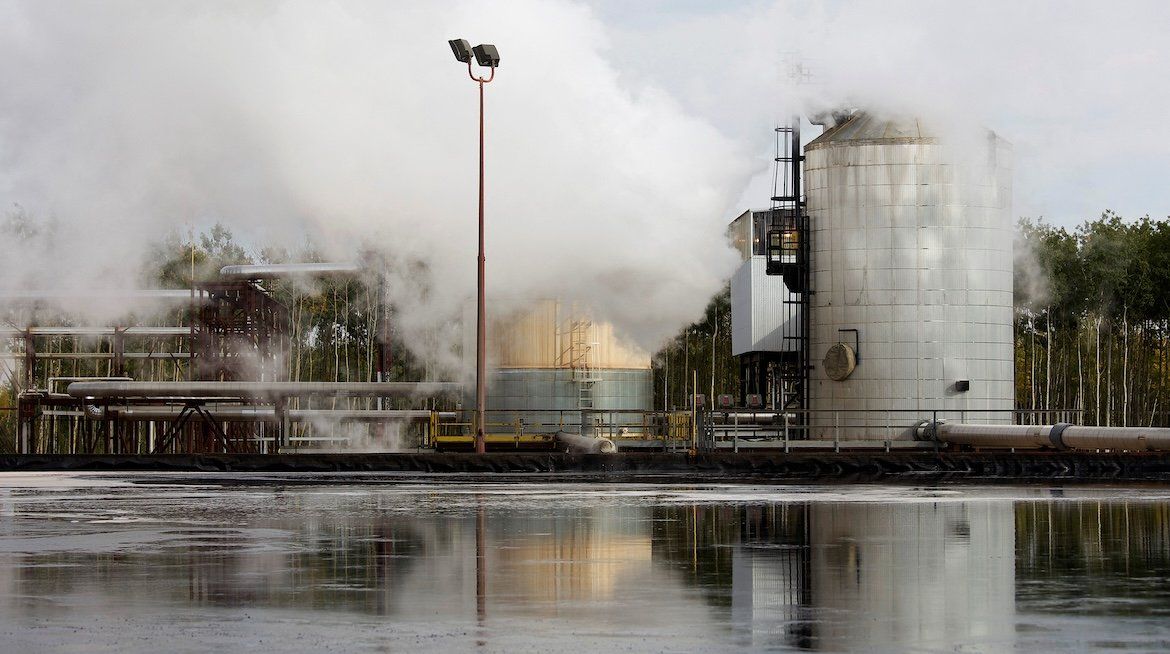A water treatment pond at the McKay River Suncor oil sands in-situ operations near Fort McMurray, Alberta, as seen in 2014.
Canada’s oil and gas industry is the country’s top pollution emitter, and critics, including Environment and Climate Change Minister Steven Guilbeault, say it’s not doing enough to reduce emissions.
The draft regulations are a step forward in the fight against climate change – and fighting words. Alberta Premier Danielle Smith, who leads a province dominated by the oil and gas industry, said she was “pissed” about the proposed regulations and vowed to challenge them in court. She also claimed Guilbealt “has a deranged vendetta against Alberta.” Predictably, the oil and gas industry also opposes the rules.
The Liberals are staking their claim on the climate file ahead of the 2025 election, which is due by October 2025. Conservative Party leader Pierre Poilievre, who is up in the polls by about 20 points, says he’ll scrap the regulations, which means the Liberal plan faces long odds against seeing the light of day.
